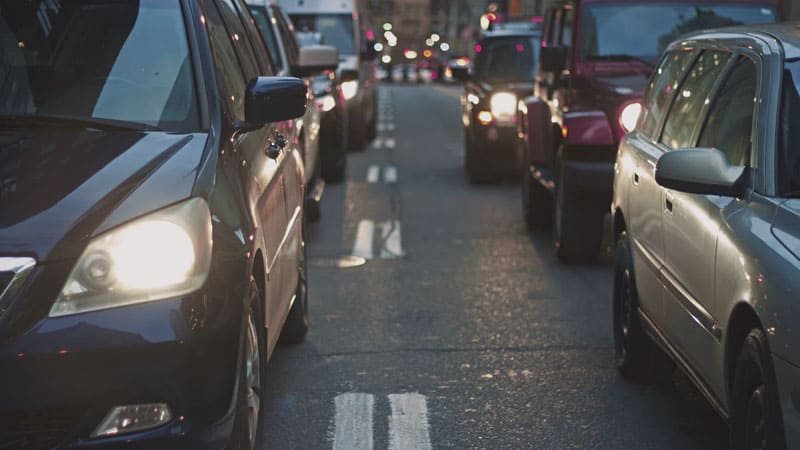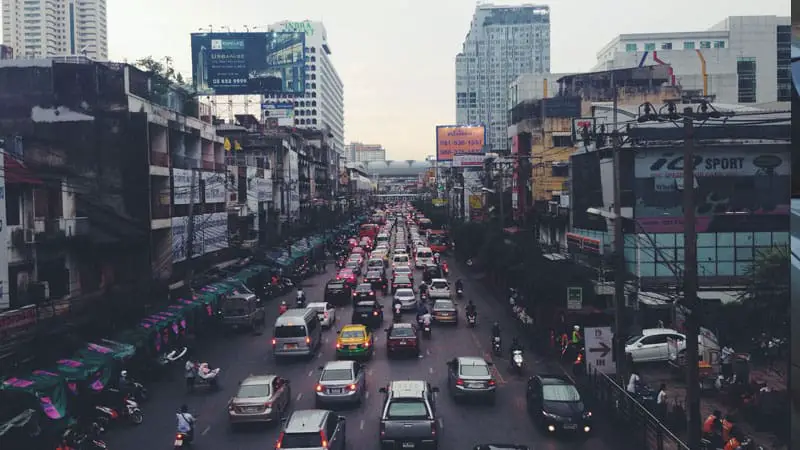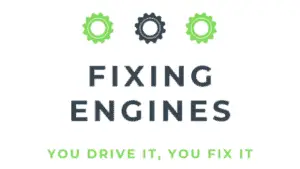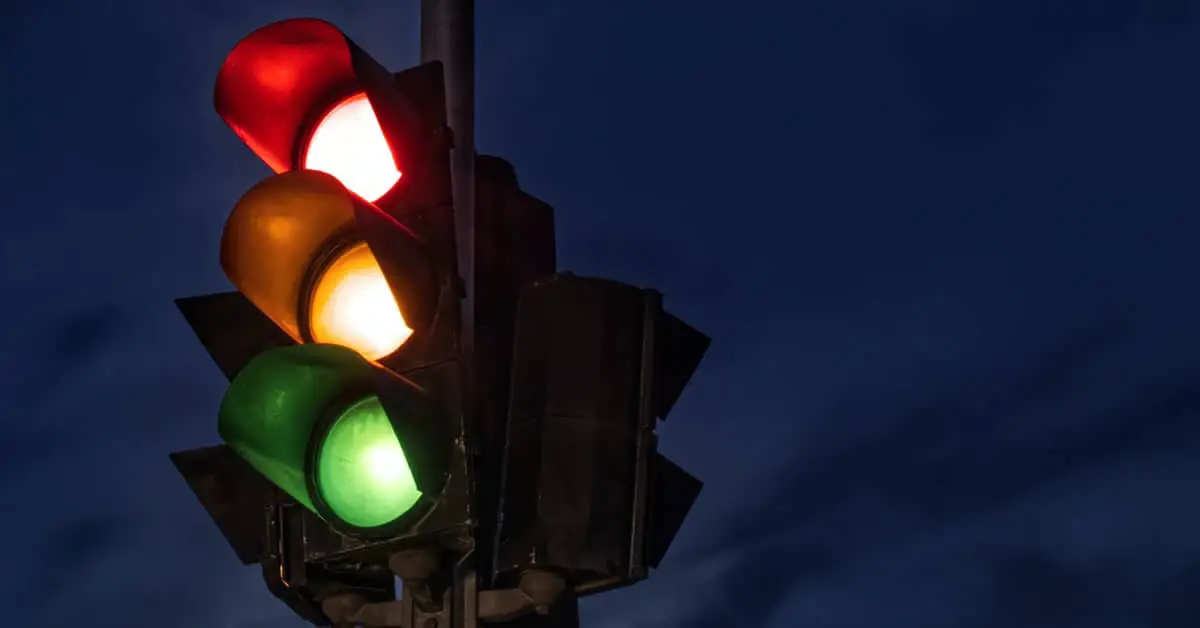Certainly, you’ll agree with me that having an efficient braking system plays an important role in the safety of your car. It allows you to slow down or stop at a split second, preventing you from having accidents. In normal working conditions, your braking system is supposed to deliver a smooth and sound-free experience for you.
However, when you keep experiencing different unpleasant sounds when applying the brake, it may mean that the system isn’t well maintained.
Are you currently in a situation where your car jerks as you try to slow down? If yes, I’m sure you will be wondering why the vehicle is misbehaving instead of giving you the usual smooth and sound-free experience.
It’s not normal for a car to jerk whenever it’s slowing down. This issue most likely means that your braking system is faulty. One of the many causes of jerking when slowing down your car is “warped brake rotors.” Besides, you can also experience this issue when there is air in your vehicle’s antilock brake systems.
As previously stated, several different factors can cause your vehicle to jerk when it’s slowing down. In the rest of this post, you’ll find out the reason why your car may be jerking or stuttering when braking. So, without further ado, let’s get down straight to business.
What Does It Mean When My Car Is Jolting?

Before going ahead to discuss the possible reasons why your car keeps jolting when slowing down, let me start by talking about how it feels when a car jerks. In case you’ve never experienced this issue before, knowing what car jerking feels like is pretty much important. It’ll help you quickly figure out what might be wrong with your vehicle.
So, here’s a quick question – what does it mean when a car is jolting?
Car jerking is a type of problem that you can experience in several areas of driving. For instance, the issue can occur when you’re trying to accelerate your vehicle at a very high speed or low speed.
That’s not all, car jerking can also happen when you’re engine braking or cruising your vehicle. Matter of fact, car jerking can also surface when you’re idling, reversing your vehicle, or shifting your gears.
With car jerking, you’ll often feel as if your vehicle doesn’t have enough power to accelerate, decelerate, or perform any of the driving activities listed above.
In terms of acceleration, car jolting makes it pretty difficult to build up the necessary speed to keep your vehicle moving smoothly. In addition to that, it can also make it a lot more challenging for you to maintain your speed, especially if you’re already accelerating your vehicle.
When trying to slow down your vehicle, car jerking will make it harder for you to enjoy a smooth experience.
Why Does My Car Jerk When Engine Braking?
Unless you’re just learning how to drive and are using a vehicle with a manual transmission, car jerking is a serious issue that requires a lot of your attention. As earlier mentioned, your vehicle can jerk unexpectedly when it’s slowing down as a result of many factors. However, the most common reason why this issue occurs is that you only give little or no attention to your braking system.
When you fail to maintain your braking system or perform regular checks to understand how it’s behaving, one of the many issues that you’ll surely experience over time is car jerking.
That said, the main reason why your vehicle is jerking when engine braking is because your braking system is faulty and you fail to see it. With regular maintenance, you can always prevent the issue from happening to your car. That said, you can check below for a few tips on how you can inspect your braking system from time to time:
Here’s how you can inspect your vehicle to avoid car jerking and other issues
The braking system is one of the most complex parts of your car. For you to inspect to confirm that things are perfectly okay with it, you can focus your attention more on the master cylinder, brake rotors and pads, caliper, and the brake line.
- Ensure you inspect the brake rotors and brake pads regularly, and confirm they are in good working condition.
- Also, make sure you flush your brake fluid and replace it with a new one, at least every 25,000 miles. One sign to know it’s time to replace your brake fluid is when you notice that the fluid has become milky or cloudy.
- Regularly check for worn-out brake parts and replace them as soon as possible.
By regularly maintaining and inspecting your brake system, you can always prevent the car jerking issue from surfacing when engine braking.
What Causes My Engine to Jerk?

So far, we have discussed what car jolting is and why your vehicle keeps jerking when engine braking. The next question is, what exactly are the factors that cause your car engine to jerk unexpectedly and continuously?
1. Warped brake rotors
As previously mentioned, one of the most common causes of car jerking when engine braking is when you have warped brake rotors. In case you don’t know, disc brakes can only decelerate your vehicle with the help of the friction in between the brake rotors and the brake pads. For you to enjoy smooth engine braking, you need to check and replace these components from time to time.
2. Air in the antilock brake system
If you experience car jerking continuously whenever you try to decelerate your vehicle, another common cause is when there is air in the ABS. Air will prevent the antilock brake system from performing up to expectation, and this could lead to car jerking.
3. Improper brake disc installation
If the brake disc is improperly installed, it can also cause car jerking when you try to slow down your vehicle. In this case, the best solution is to run a check and ensure the disc is properly positioned.
4. Worn out calipers
You might also want to run a check on your calipers to know whether they’re still in good working conditions. That’s so because worn-out calipers can also cause your car to jerk when you try to slow down.

